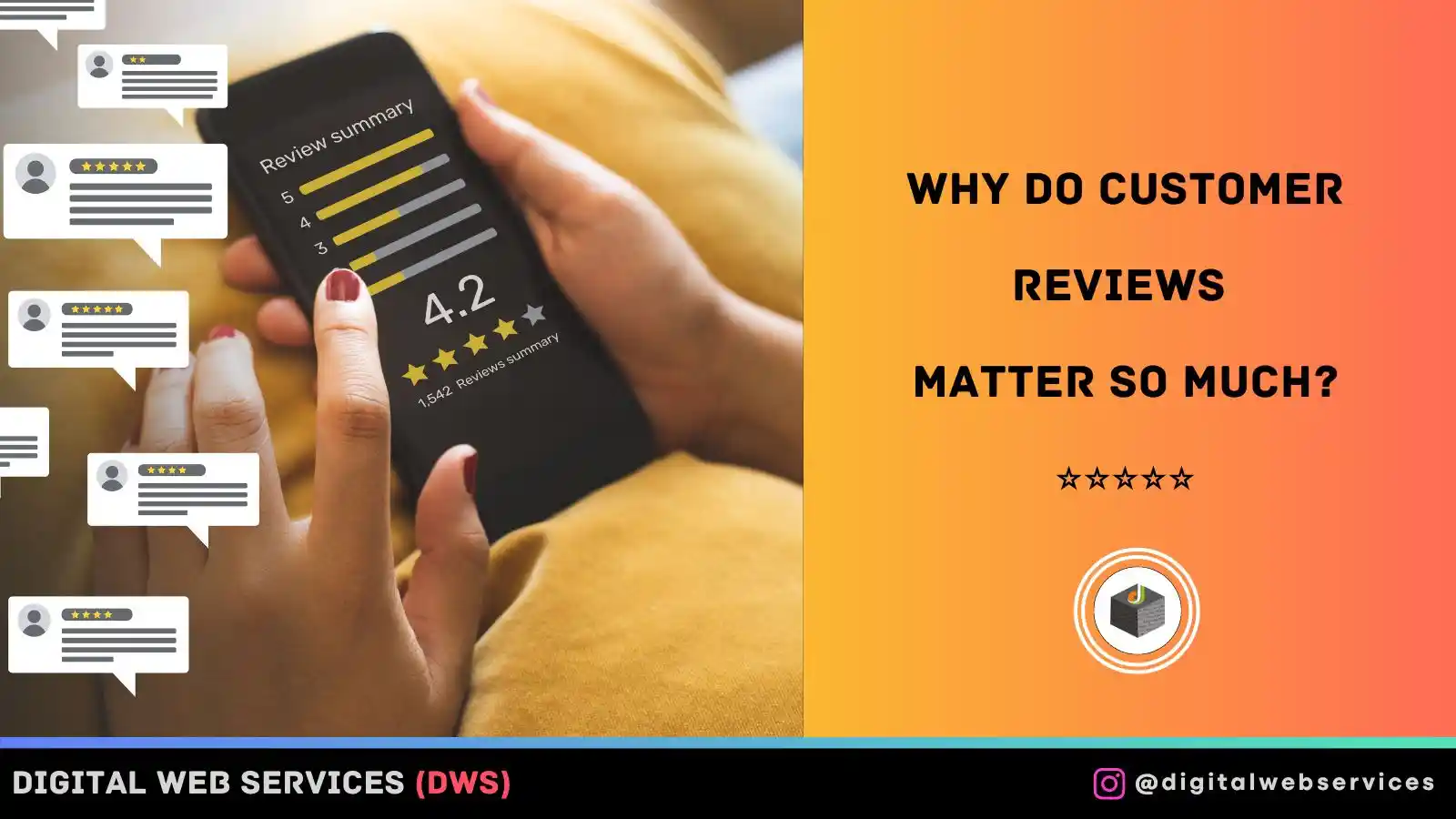
Whether you sell physical goods in your own store or a shared marketplace, positive feedback from your customers can be a huge help with future sales by building trust organically for your business.
Trust comes in many forms, some of which are represented by a brand itself. Household brands that we ‘grew up with’ often turn into verbs. Have you ever heard of someone ‘Swiffering the floor’? It’s that kind of brand adoption that is built by the commonality of a product in our everyday lives.
Other trust-building exercises might include paid advertising, deals and promotional offers, a great warranty or money-back guarantee, and customer reviews. Of all the ways a brand can build trust, customer reviews is the method with the most impact.
But why?
Well it is quite simple, really. You see, there’s no better way to know if a brand can be trusted than to hear from actual customers that have used their products. That’s because customer reviews tend to be honest – driven by the experience itself, and based on an emotional response. When a new customer relates to an honest review, it increases the likelihood that they will try the product or brand out for themselves.
Are all customer reviews the same?
Each reviewer has their own set of experiences, unique expectations, and their review is a personal expression of their favor(or lack of) with the product or the brand that provided it.
What differentiates various customer reviews is going to be the language and tone of what they say. Two different customers may both be happy with a product and leave reviews. The detailed review often feels more valuable to future customers than a one-line review. This is because customers checking reviews are often unconsciously seeking a positive emotional response, and will use it in their decision-making process.
What makes a review?
Reviews can be made up of numerous parts, though most commonly there are 3 main elements:
1) The rating.
Ratings are a quick and easy way to identify the quality of a brand when looking at reviews. Most rating systems tend to score on a scale of 1-to-5 while some go to 10. Odds are good you’ve heard of a ‘5-star rating’, which is indicative of a brand or product being perfect in the eyes of the reviewer. Many customers choose based on the volume of positive ratings linked to customer reviews.
2) The review.
The wording or text of the review itself is probably the most authoritative part of it. This is the (often impulsive) feedback provided by a customer about their experience, and is typically emotionally-driven. There’s a certain quality that the written part of a review offers that a rating simply can’t deliver, and in the cases where customers are uncertain about a purchase it’s often the words of past customers that help sway their own decision.
3) The identifier.
Reviews with ratings and text are often also accompanied by at least a name – sometimes more(such as contact info). The identifier helps future customers identify a reviewer as a real human being. Seeing a name tied to a review and a rating helps customers feel more at-ease, and increases the likelihood they will trust the content of a review.
What makes a review GREAT?
Great reviews always take into account the actual experience of using the product or service, and offer a measured and honest retelling of the parts of it that had the greatest impact on the customer leaving the review.
A great review includes a rating that mirrors how the customer liked the product. If a customer truly enjoyed it – they might be expected to leave a 4 or 5 star rating. If they didn’t enjoy their purchase, then a lower rating makes better sense.
The text should read in a similar tone and text to the rating itself, while offering specific details about what was good or unsatisfactory about the product or service. This text should also go further than just the product – for example, if the product was backed by the support it can help future customers when a review includes details about what the customer service experience was like. The review text might also rate the shipping time, condition of the product, or discuss the customer’s favorite features.
Language choices can help with improving reviews, too! Taking a moment to write your review on a notepad or Google Doc lets you edit what you’re saying so that it feels more natural, or more true to the experience you’re sharing. Using words that compliment the tone and/or rating of the review helps future customers to understand how you enjoyed the product(or if you did at all!).
There is one other thing that makes a review great! And that’s the response. If the company replies to reviews, it shows their willingness to acknowledge the views and feelings of their customers. Their willingness to overcome issues when they arise and to show appreciation where it’s deserved – and it’s always deserved.
When a company replies to reviews in an honest and transparent manner, it can be a huge boost for trust building with their customers and community. For example, look at how ChemiCloud displays reviews on their main page. If you read through them you’ll see a hand-written response on each and every one that addresses the person and thanks them for their feedback, while inviting them to reach out again.
Back to why?
So, why do customer reviews matter so much?
For businesses, it helps them grow their customer base by leveraging the trust those reviews generate for their brand. It also allows them to connect with their customers more directly.
For customers, it helps them to identify products they might purchase and showcases the trustworthiness of the brands they buy from. It influences decision making and drives confidence.
Whether you’re leaving a review, reading one or replying to one – it means you’re involved in the review process somewhere. Maybe your own reviews will influence a purchase decision!
Digital Web Services (DWS) is a leading IT company specializing in Software Development, Web Application Development, Website Designing, and Digital Marketing. Here are providing all kinds of services and solutions for the digital transformation of any business and website.










